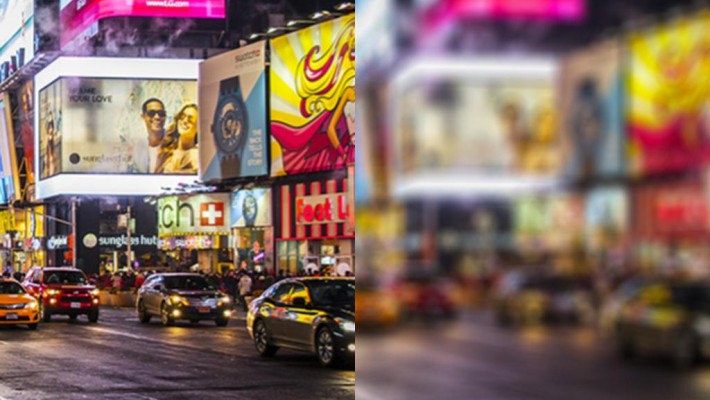
What Alcohol Really Does to Your Eyesight
Most of us are well aware of the detrimental impact alcohol abuse can have on our bodies. At the less extreme end of the spectrum we understand that being even slightly intoxicated causes blurry, distorted vision, but what are the real physiological consequences to our eyes?
Alcohol does have short term vision-altering effects, but excessive consumption can lead to long term, life-changing eye conditions. Both long term alcohol abuse and short term excessive alcohol use can lead to permanent loss of vision owing to the direct effect of alcohol on the optic nerves. These are the nerves that carry the vision from the eyes to the brain. Whilst it is the eyes that do the ‘looking’, it is the brain that does the ‘seeing’. Toxic amblyopia is the term used to describe permanent loss of vision and blindness caused by alcohol.
Click here for a great interactive graphic to see how alcohol affects your vision.
Consuming alcohol in moderation will not have any lasting negative effects on your eyes. The way your body responds to alcohol depends on the amount consumed and your tolerance threshold, but you will most likely experience some dizziness and blurry vision. These symptoms will likely stop shortly after a drinking episode if you do not consume too heavily.
If you regularly drink large volumes of alcohol, you’re at a higher risk of developing eye conditions that will alter your vision and cause permanent damage. Repeated episodes of heavy drinking puts significant strain on the liver and, just as the eye is associated with many other organs of the body, heavy drinkers will be more prone to eye conditions and declining eyesight.
Excessive drinking also decreases the reaction time of your pupils, meaning that they are unable to constrict or dilate when reacting to ambient light levels and impairs the ability see contrasting colours or different shades of similar colours.
You can avoid these side-effects by drinking occasionally and in moderation. Pace yourself (it is recommended to limit yourself to one alcoholic beverage per hour), never drink on an empty stomach and consume plenty of water in between alcoholic drinks in order to prevent intoxication.
